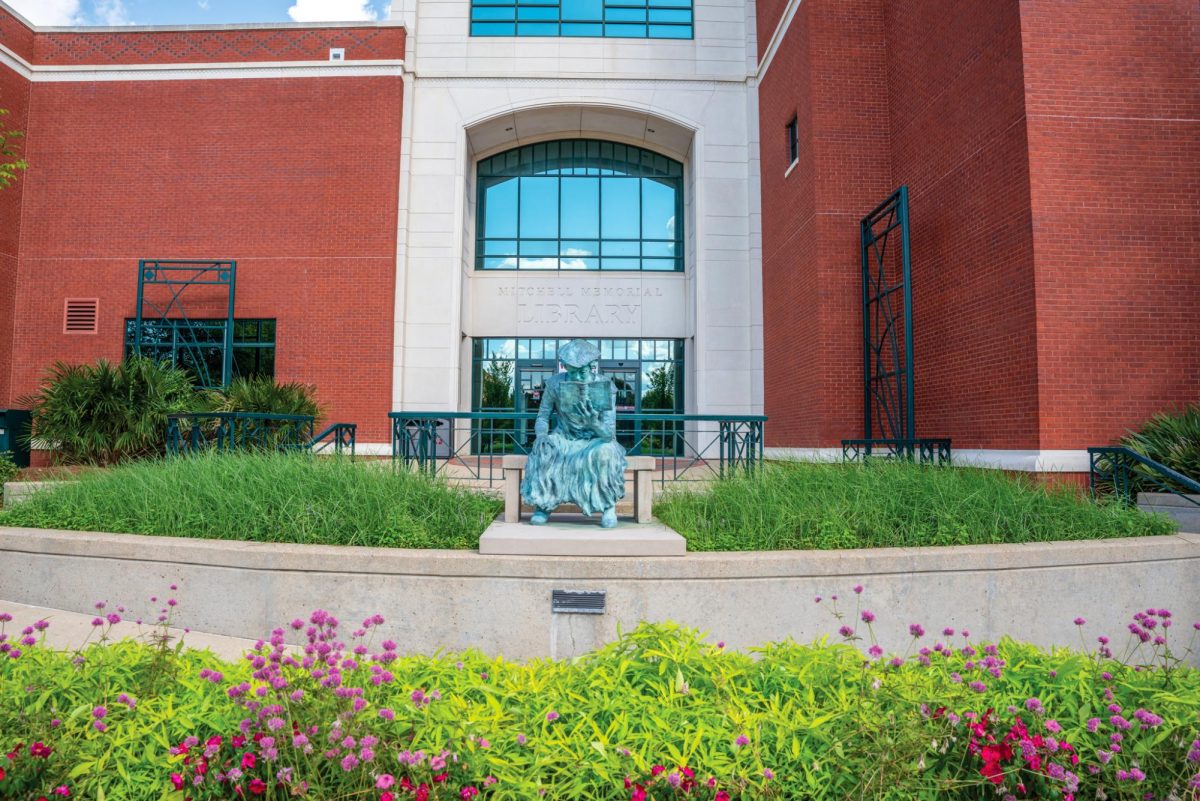According to the USDA Economic Research Service, the Consumer Price Index for grocery foods increased by 13% from September 2021 to September 2022.
This statistic has directly impacted the prices of food in Starkville, Mississippi. Whether it is groceries or restaurants, the prices of food have increased rapidly in the past few months.
Will Davis, assistant professor of agricultural economics, said high inflation in food prices is a result of many interconnected factors. Specifically, he noted that soaring costs are a lingering effect of the COVID-19 pandemic and the current conflict between Russia and Ukraine.
“Some of it is driven by COVID, and some of it is driven by the Ukraine and Russian war because it has changed the price of oil dramatically,” Davis said.
Davis said the price of oil is important because the production and transportation of food products depend on fuel. When those costs rise, so do the costs of food.
Everyone that depends on grocery stores or restaurants for food has experienced an increase in their bills.
According to the USDA, the Consumer Price Index for restaurant purchases has increased by 8.5% from September 2021 to September 2022.
Harish Balamurugan, a junior majoring in software engineering, mentioned the rise of food prices at Starkville restaurants. Locally owned and chain restaurants alike have raised the costs of meals in recent months.
When going out to eat, Balamurugan claimed that he had paid several dollars more than he used to for the same meals.
“This month, I have paid $5 to $6 more than I did two years ago or even last year,” Balamurugan said.
Jasmine Ally, a junior majoring in food science, has experienced the repercussions of increased grocery prices this year.
Instead of her typical purchase of animal-based protein, Ally has had to opt for more affordable options. This comes as a result of the increased prices of eggs and meat products.
In September of 2022 alone, the price of farm-level eggs increased by 12.1%, according to the USDA. This contributes to the 120.4% increase in prices of eggs from September 2021 to September 2022.
Likewise, the USDA has predicted that wholesale poultry prices will increase between 19% to 22% in 2022.
“I eat a lot more protein in beans and anything plant based that is cheaper than meat,” Ally said.
Ally said she has bought more Ramen Noodle packets in the recent months because of their affordability.
Balamurugan and Ally alike expressed concern for the rise in the cost of food. The pair both said they had to spend more time carefully budgeting their money to allocate enough for the rising prices.
Specifically, Ally has looked to buy more groceries in bulk, while Balamurugan has opted for eating out fewer times a week in hopes to cut down costs.
Both college students and low-income members of the community have been affected by the rise in prices of food.
“When food prices increase, it has a disproportionate effect on low-income households because they are already spending a lot of their money on food,” agriculture economics professor Davis said.
Davis explained how those who are considered low-income already spend around a third of their money on food. When food prices increase, this has a profoundly negative effect on those who were previously spending a notable percentage of their money on food.
He added that inflation contributes to the lack of food security in low-income households because of their already food-dependent budget. When food prices increase, this creates a problem for those who already have difficulty getting essential items that they lack.
“They are not sacrificing going to the movies; they are going to be sacrificing some sort of necessity,” Davis said.
While the rise in the cost of food is an ongoing issue, Davis said the prices of certain foods are falling while some continue to rise.
Again, he pointed to the cost of fuel and said that it contributes heavily to the costs of food.
“When oil prices begin to decrease, we will start to see a decrease in the price of food,” Davis said.
Food prices rise in Starkville community and across nation
Donate to The Reflector
Your donation will support the student journalists of Mississippi State University. Your contribution will allow us to purchase equipment and cover our annual website hosting costs.


























































































